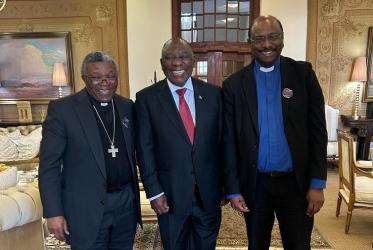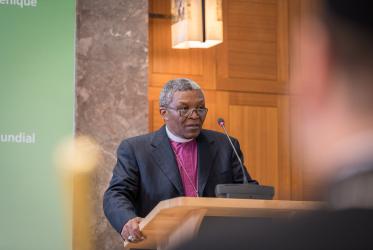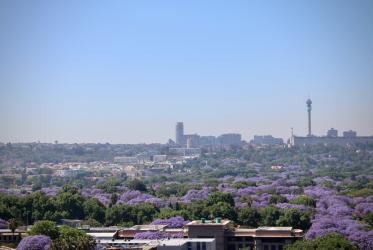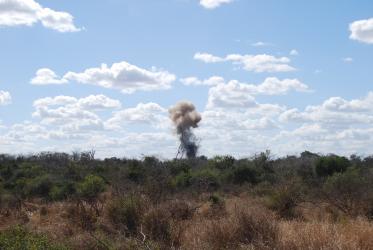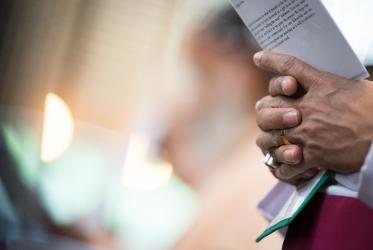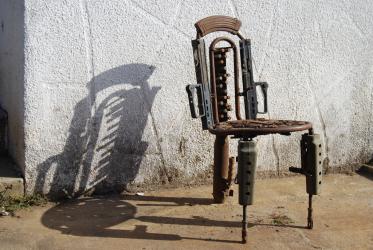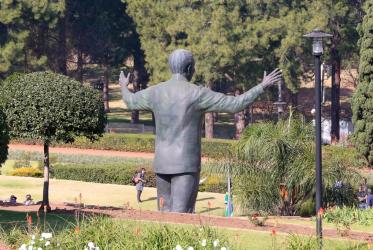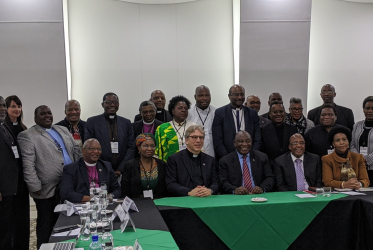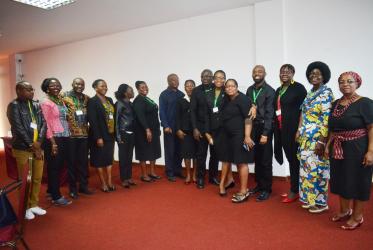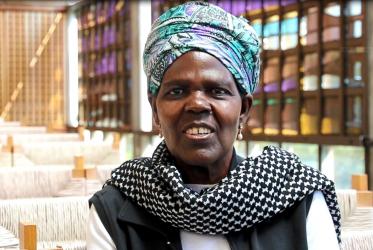Displaying 1 - 20 of 84
WCC delegation meets with South African President Ramaphosa
09 December 2019
Churches in southern Africa stand against violence, xenophobia
10 October 2019
WCC well-represented in Religions for Peace leadership
07 October 2019
WCC moderator “A call for equality in God’s house”
08 April 2019
